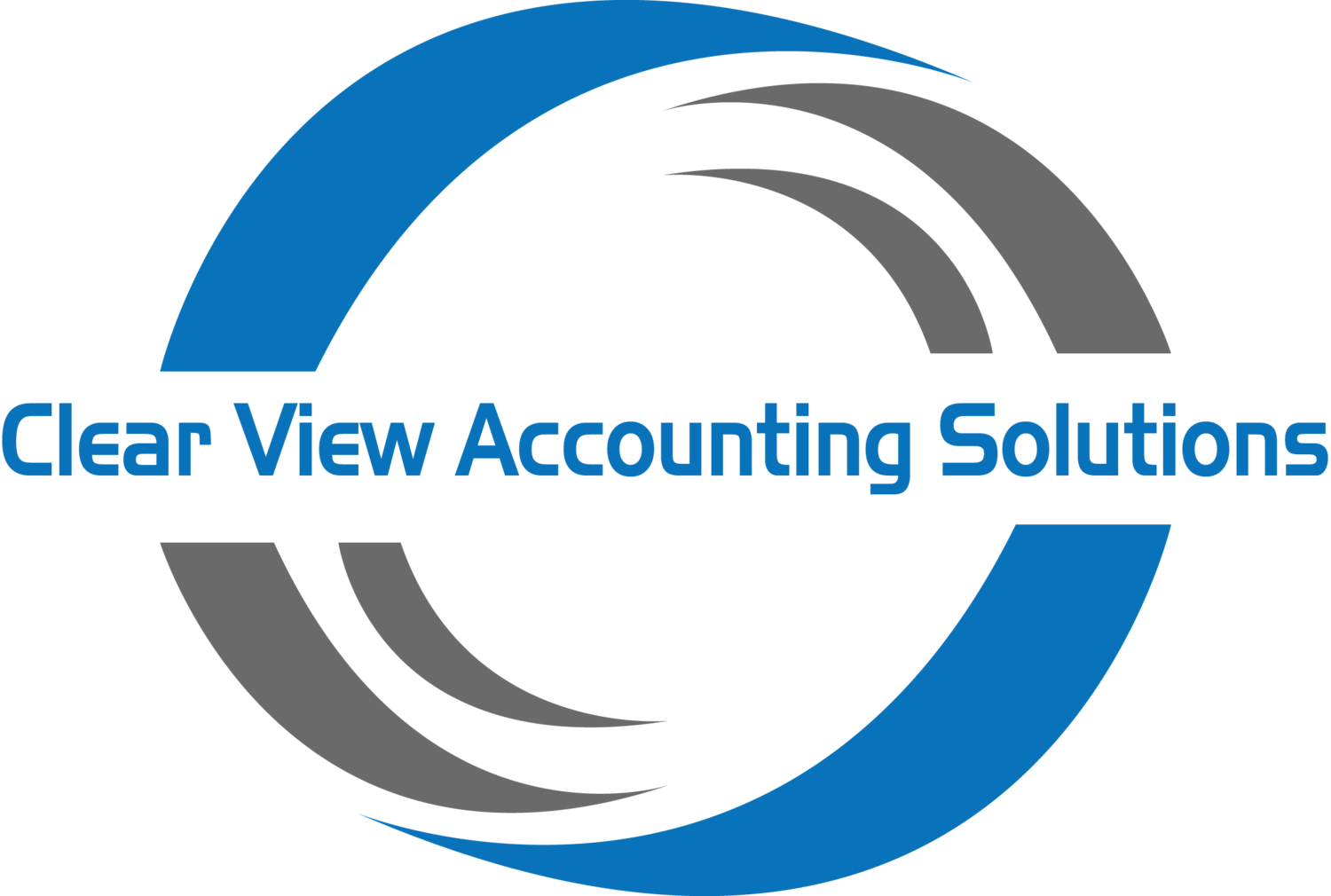As a business owner, it’s tempting to blur the lines between personal and business expenses; however, maintaining a distinct separation is one of the best ways to ensure long-term success and financial growth. Read on for a look at why it’s so important to separate business and personal expenses.
To Avoid Piercing the Corporate Veil
If you operate a corporation or limited liability company, you can be held personally responsible for company debts if there is no clear distinction between your business and personal expenses; this is known as Piercing the Corporate Veil. Put simply, if your business is on the hook for any sum of money and the courts cannot find sufficient distance between your personal and professional finances, they may find you personally responsible for the debt and seize your assets to satisfy your creditors. Thankfully, a little bit of effort spent separating your finances now could save you from a potentially devastating outcome down the line.
To Save Time and Money
Another reason to keep personal and business expenses separate is because your accounting and bookkeeping admin will become infinitely simpler. Hiring a bookkeeper or an accountant costs money. Having them spend (and bill) their valuable hours sorting through personal and business transactions will invariably cost you more than it needs to. Keep transactions on separate accounts and save yourself the time and money.
To Build Your Business Credit
Finally, one of the most important tools for a business to have is credit. By creating a business identity that is separate from a personal financial identity, the business can build its own credit history and gain better access to borrowing power. It can be difficult to get a business credit card if you are a new business owner or if your personal credit score is low, but there are effective ways to raise your small business credit score that will help in this endeavour.
How to Separate Personal and Business Expenses
While separating expenses might seem cumbersome at first, it will actually make life easier in the long run. Here are a few suggestions for how to successfully separate your expenses.
Create a Business Checking Account
This should be your first step when starting a new business, and you should get into the habit of depositing income here and paying bills from this account. If there is ever any question as to whether you are running a hobby or a business, the IRS will first look to see if you’ve opened a separate account, which will help them decide whether to grant you that all-important distinction.
Open a Business Credit Card
If you are a new business owner, it can be difficult to get approved for a credit card, but try your luck anyways – especially as your business grows. One little-known benefit of this is that business credit cards are the only credit cards on which interest accrued is deductible as a business expense.
Pay Yourself a Salary
Writing a check from your business checking account to yourself for the same amount each month will help you maintain a sustainable business budget. It can be easy to let money slide around between personal and business accounts but paying yourself a set salary will help maintain the necessary boundaries.
Maintaining clear lines between your business and personal expenses doesn’t need to be challenging. Setting up a clear distinction between your personal and business finances, and consistently keeping them separate, is fundamental to your business’s success.
This post is to be used for informational purposes only and does not constitute legal, business, or tax advice. Each person should consult his or her own attorney, business advisor, or tax advisor with respect to matters referenced in this post. Clear View Accounting Solutions assumes no liability for actions taken in reliance upon the information contained herein.
